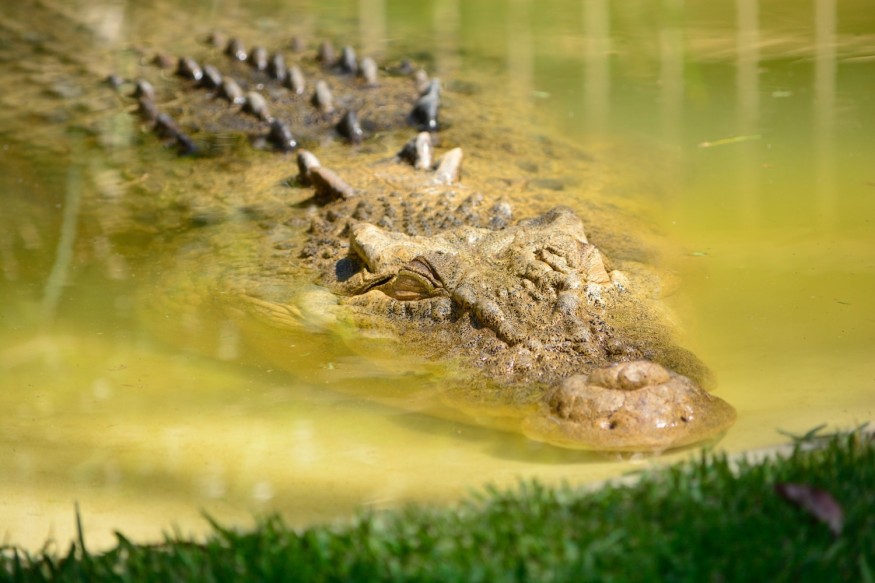Crocodile-infested waters, including rivers, lakes, and ponds in the wild, are typically sites filled with ambush predators like crocodiles that wait for their next prey. However, uninvited meals such as humans are also welcome in this reptile territory if one is not careful. One such recent case is a British safari guide who spent the whole night clinging to his truck to avoid being eaten by crocodiles.
The British guide reportedly took a "wrong turn" into a crocodile-infested river in Kruger National Park, South Africa. The incident occurred when the 56-year-old British man followed directions from Google Maps, leading him into a flooded bridge, where there were potentially hungry reptiles waiting for him to fall below him. The incident also occurred following heavy rain in the area.
British Man Almost Eaten by Crocodiles

The British safari guide, Mike Turner, moved to Mozambique in 2011 before becoming the wildlife adventurer he is today. According to reports on Monday, January 1, Turner's ordeal involved a grueling 15 hours, all of which he exerted effort to hang on for his life until a rescue helicopter reached the currents he was stuck into.
A footage of the incident reportedly showed that the trained diver was winched back to safety last Friday, December 29. The currents formed where the Komati and Crocodile Rivers meet near Kruger National Park, which is home to Africa's largest crocodile species, the Nile crocodile (Crocodylus niloticus). This colossal reptilian can be found in freshwater habitats across Africa.
Also Read: Crocodile Mauls 8-Year-Old Boy to Death in Front of His Parents Before Dragging Him Into River
Crocodile Infested Waters
Aside from the Nile River, which is the most crocodile-infested waters in Africa, other freshwater habitats in the continent are home to one of the world's deadly predators. Apart from Gustave, a large male Nile crocodile in Burundi that killed 200 to 300 people in its lifetime, there have been multiple reports of deadly crocodile attacks on humans.
In Mozambique, a crocodile problem has been reported for decades, which is also a factor for it to be distinguished as a ground zero for crocodile attacks, as explained by Rowan Moore Gerety, a journalist based in Miami and a former Fullbright fellow in Mozambique. In 2009 alone, at least 15 people died from crocodile attacks within three months, according to Relief Web.
In South Africa, 185 crocodile attacks have been recorded from 1949 to 2016, according to a research article published by Cambridge University Press. The data is based on the study conducted by researchers in South Africa and the United Kingdom, who analyzed Nile crocodiles in the country.
While Nile crocodiles are ferocious predators, the only wild animal of the same kind that surpasses it in terms of power and size is the saltwater crocodile, which is the largest crocodile species in the world, based on existing records.
© 2025 NatureWorldNews.com All rights reserved. Do not reproduce without permission.





